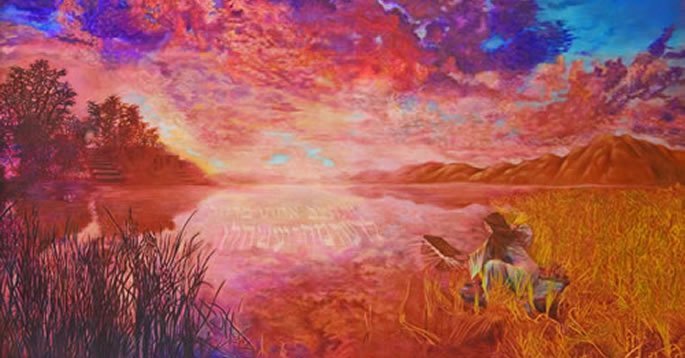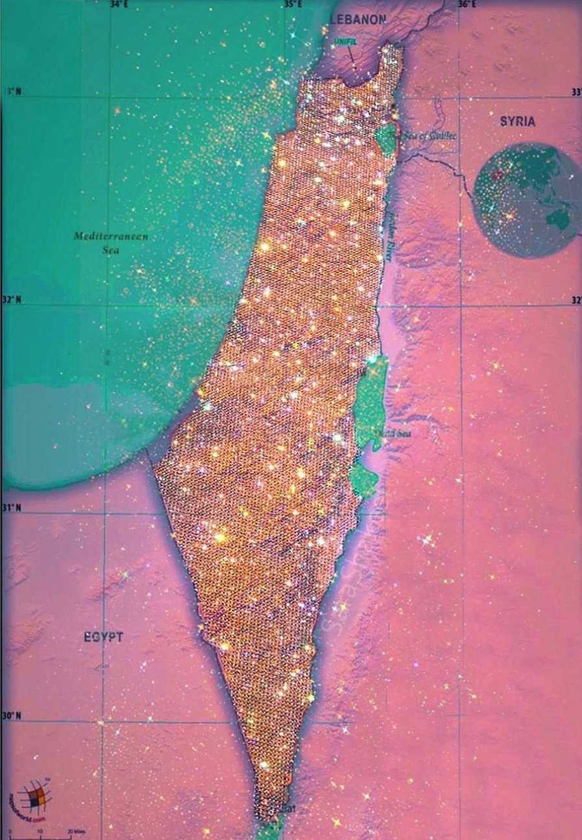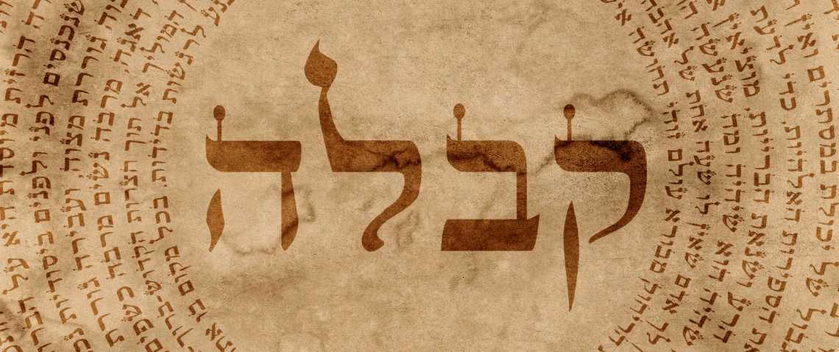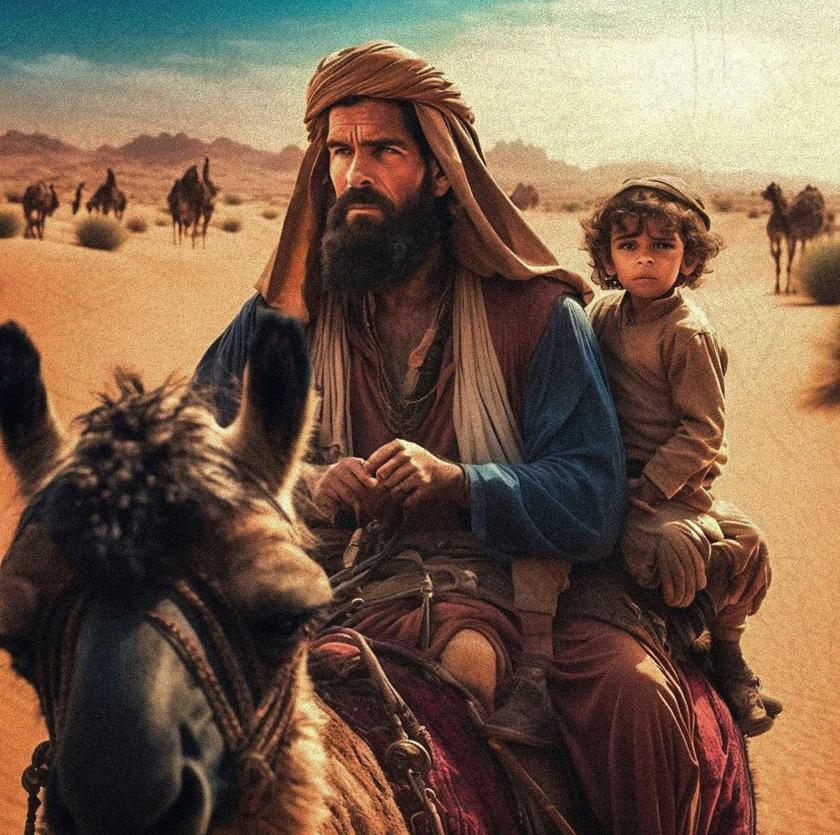
“Say to Aaron, ‘Take your staff and stretch out your hand over the waters of Egypt...and they shall become blood… Take your staff and strike the dust of the earth; and it will turn into lice throughout the whole land of Egypt.’”
The Pharaoh of Egypt, fearing a potential future uprising, decrees that every newborn male be thrown into the Nile River and drowned. When Yoheved gives birth to Moses, she places him in a secure basket and floats it along the river in hopes of escaping the clutches of the Egyptian authorities.
Thankfully, the basket is found by Pharaoh’s very own daughter, Batya, who saves the boy and decides to raise him as her own. Baby Moses refuses to be nursed by the Egyptian nurse maids, so Yoheved the Israelite is called in to help. She nurses and raises her son, teaching him of his heritage and people, before he is given back into Batya’s care in the palace.
One day, years later, Moses walks out of the palace and sees an Egyptian taskmaster brutally beating a Hebrew slave. Unable to tolerate such injustice, Moses utters a secret name of God, instantly killing the Egyptian, whom he hides in the sand.
Strangely, God commands Moses to execute only the last seven plagues while his brother Aaron is asked to execute the first three, which includes the water turning into blood and the frog and lice infestations. Why was Moses excluded from the first three?
The Midrash explains: “Since the river protected Moses when he was thrown into it, he couldn’t execute the plague of water into blood, or the frogs which came up from the river waters.” Regarding the plague of lice, it’s taught: “It was not fitting that the plague of dust be struck by Moses because it protected him when he killed the Egyptian and hid him in the sand, so it was instead struck by Aaron.”
This isn’t an isolated example of the Torah teaching the importance of gratitude to a nonhuman. One of the great commentators on the Talmud teaches that the reason we cover the two hallah loaves on the Sabbath while covering the wine, is because we do not want to embarrass the bread. It would be disrespectful to the bread were it to be uncovered, since every day we make a blessing over the bread first, and only afterward do we bless the wine. But on the Sabbath, we start with the wine. Numerous laws were instituted to treat animals with compassion and respect, including the commandment to feed your animals before feeding yourself.
If Torah law emphasizes gratitude, respect, and sensitivity even toward inanimate matter, how much more so must this apply to the living beings around us?
Unlike the river and earth that aided Moses, human beings who help and show kindness toward us do so out of free choice. How often do we receive good from others, but choose to focus on what we haven’t been given?
“Rabbi Elazar, son of Shamua, said: ‘The honor of your student should be as dear to you as your own. The honor of your colleague should be as the awe of your teacher. And the awe of your teacher should be as the awe of Heaven.’”
The Talmud states: “A person should not cast stones into the well from which he has drunk.” It’s often toward those that we owe the most gratitude that we show the least. Who knows how many times we will still have the chance to show our gratitude?
Let us make a greater effort to acknowledge and express our gratitude to our loved ones while showing respect to all forms of life.

What's the deeper paradigm represented by the Biblical siblings Jacob & Esau, and Rachel & Leah?
Join us for our Weekly Wednesday Class 4:30pm PT / 7:30pm EST
https://us02web.zoom.us/j/89357080742
The Sages teach us that every story in the Torah contains the story of your life. How is Abraham's adventurous journey to the holy land connected to the journey of my life?
Join us Wednesday, 5pm PT / 8pm EST to learn more

Led by noted Kabbalist teacher Rav Pinson, tonight's session (4:30 pm PT / &:30pm EST) will focus on one of the most famous Rabbis ever, the author of the Code of Jewish Law Rabbi Yoseph Caro - and his connection with an angel that would teach him secret insights throughout his life.
















